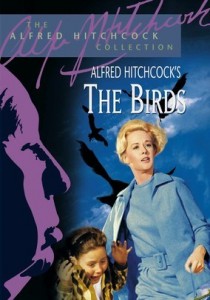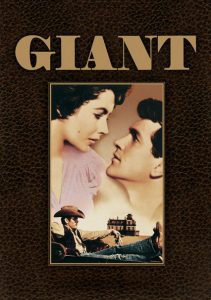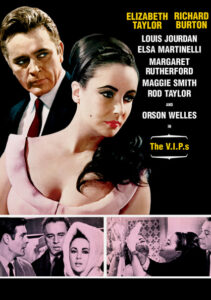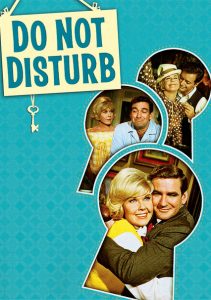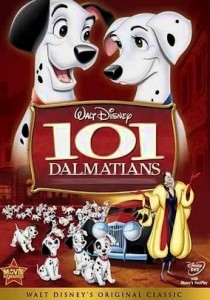The Birds-1963
Director Alfred Hitchcock
Starring Tippi Hedren, Rod Taylor
Top 250 Films #6
Top 40 Horror Films #2
Scott’s Review #173
Reviewed September 22, 2014
Grade: A
The Birds is one of director Alfred Hitchcock’s finest works.
Made in 1963, following Psycho, it continues Hitchcock’s run of successes, both commercially and critically.
It is set in northern California (in San Francisco and Bodega Bay) and tells the story of unexplained bird attacks in a peaceful small bay town.
Tippi Hedren plays Melanie Daniels, a wealthy socialite from San Francisco who drives to Bodega Bay to pursue a love interest, Mitch Brenner.
Mitch, played by Rod Taylor, is a successful attorney who meets and shares a flirtation with Melanie the day before at a pet store in San Francisco. He regularly visits his mother (Jessica Tandy) and sister (Veronica Cartwright) in Bodega Bay.
Once Melanie arrives in town, birds begin to attack the locals living in the sleepy community periodically.
The Birds is a film that has held up incredibly well and is as exciting and horrifying today as it was in the past.
One intriguing aspect of the film is that it offers no rhyme or reason for the bird attacks, which keeps the viewer guessing when a gull swoops down and attacks innocent Melanie.
It is entirely mysterious and open to interpretation- are birds fed up with being caged?
Are the love birds that Melanie purchased the cause of the attacks? Do the birds hate humans? Why do they attack the children? Why do they peck the eyes of their victims out?
One could spend hours debating these questions.
A major creative success of the film is its decision to eliminate a musical score. The eerie silence and the loud sounds of the birds attacking create a haunting dynamic.
My favorite scene of The Birds features Melanie sitting on a wooden bench in the schoolyard, enjoying a cigarette. Behind her is a deserted jungle gym. She barely notices a tiny bird innocently flying past her and landing on the jungle gym.
She continues smoking her cigarette. The viewer sees what Melanie cannot- as slowly, hundreds of birds land on the jungle gym behind her.
Without music, the scene is deadly silent and dramatic, shifting from close-ups of Melanie to long shots of the birds gathering behind her.
Another interesting aspect of The Birds is the character relationships. Mitch’s mother, Lydia, is afraid of losing her son, so she initially despises Melanie. Mitch’s ex-girlfriend, schoolteacher Annie Hayworth, strikes up a close friendship with Melanie; one might expect them to be rivals.
A hysterical mother lashes out at Melanie, calling her evil and blaming her for the attacks.
During the long periods of calm, one wonders when the next attack will occur—and we know it will. We searched for clues to identify what triggers the attacks, but we found none.
This makes for brilliant and suspenseful filmmaking. They hardly come better than the masterpiece The Birds (1963).
Oscar Nominations: Best Special Effects
